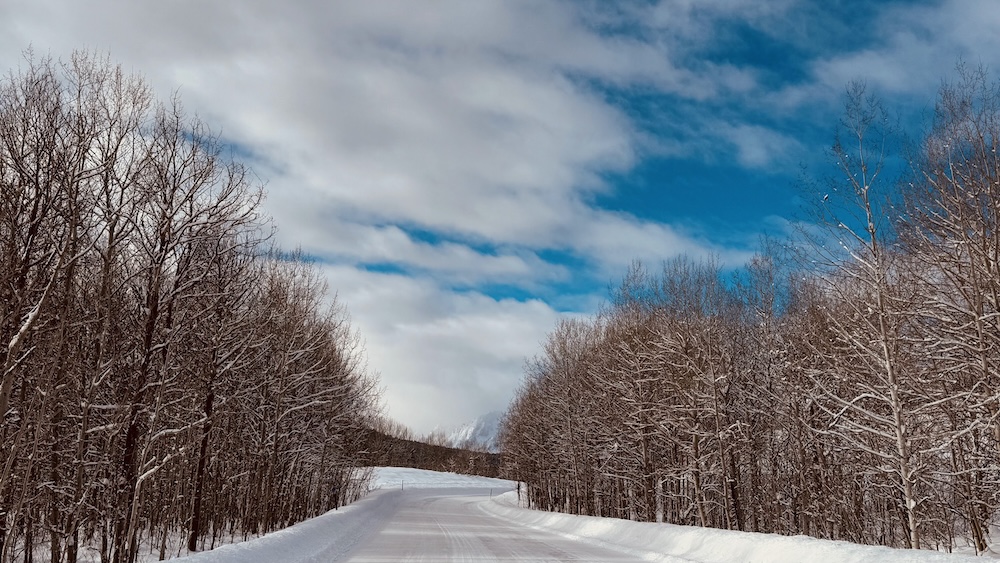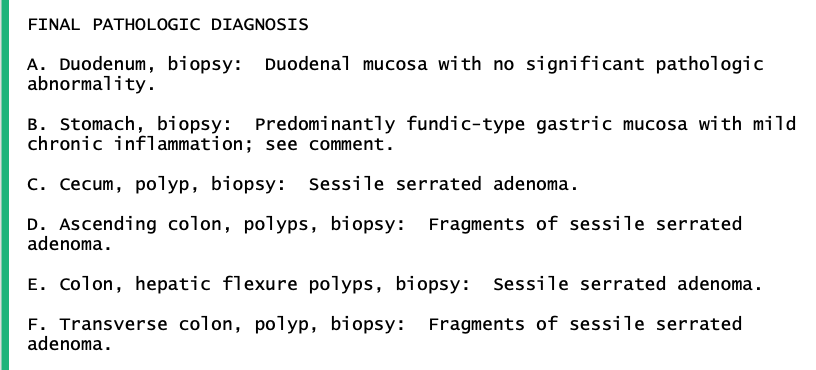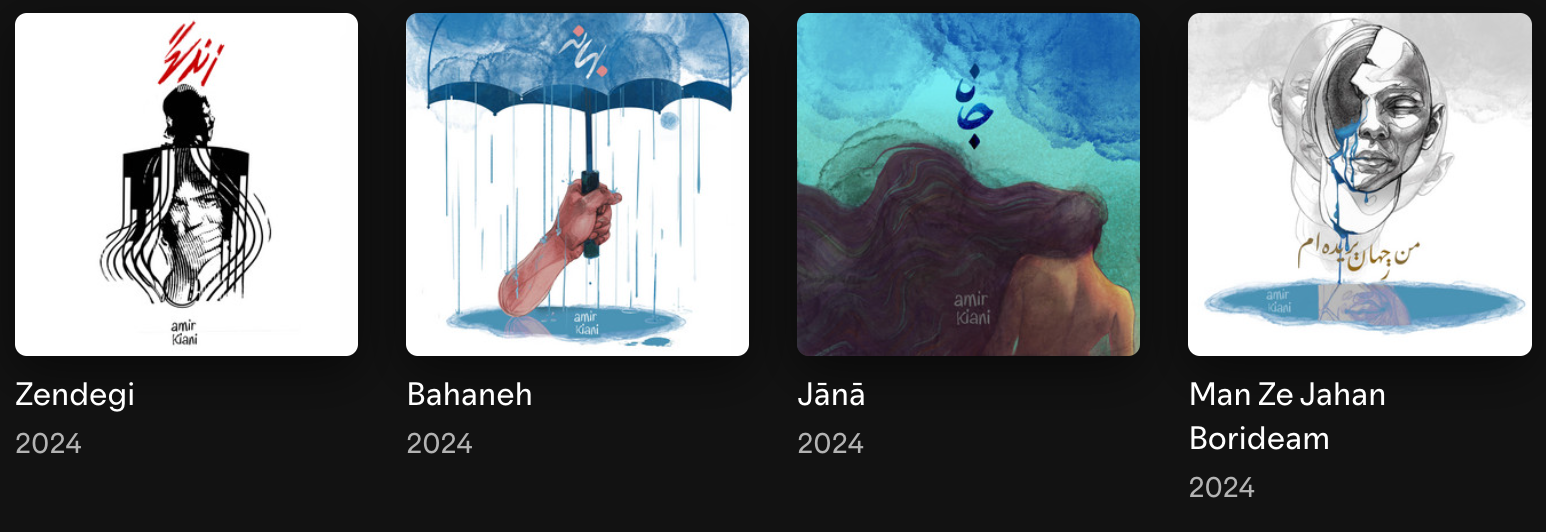On mortality, music and perfection anxiety
January 14, 2025
11 minute read
Note: This post is going to be imperfect in so many ways. And that’s probably ok.

About 2 years ago, after months of dealing with chronic stomach ache and digestive problems, I finally managed to get my gastroenterologist (GI) specialist at UCSF to prescribe me an endoscopy and colonoscopy. Before then, my GI specialist was (understandably) suggesting that I should just take more fiber in my diet and should instead work on reducing my stress levels, which were likely the cause of my psychosomatic symptoms. Given my young age and lack of severe symptoms, there was no reason to be worried, but having tried almost everything on my end, I just felt like something was fundamentally off with my insides.1
I woke up from my (first) colonoscopy on August, 8, 2022 feeling weirdly calm. The country was still recovering from the COVID pandemic and the hospitals still didn’t allow anyone other than the patients inside. The first face I recognized while laying in the hospital bed was my GI surgeon. In a soft and calm tone she said: “Hi Amir. I am really glad you came in for this. We found a lot of polyps in your stomach and colon. We removed most of them but you have to come again in six months for a second surgery. You should do regular screening going forward.”
I felt a mild combination of shock and relief. I was however a bit too high on drugs at that moment for my usual problem solving mode to kick in. My loving wife, who had been waiting nervously for me to get discharged at the hospital parking lot, then picked me up and we rode back home. We now had to wait for a pathologist to analyze the extracted tissue from my body and tell us if it was cancer or not.
I waited for almost a week with no news. I then decided to call UCSF to inquire about my results. After a brief hold on the call, the nurse told me that my pathology diagnosis was ready 2 days after my operation but was held up to be released by my specialist whose first available appointment was another month away!
Completely freaked out by my predicament, I asked for a copy of my pathology report and started Googling my way into understanding it. At the time, ChatGPT was not yet launched – though coincidentally I was part of a small team working on an internal yet less capable version of Gemini at Google (and we had no idea it was such a big deal 🙂)

The key word was “sessile serrated adenoma”: a precancerous polyp in the colon that can develop into colorectal cancer. After my second colonoscopy and a total of 13 polyps – some up to 2 cm in diameter – removed from my colon, I was diagnosed with Serrated Polyposis Syndrome which recent studies indicate has a ~20% chance of colorectal cancer (CRC). CRC is the second most fatal cancer but has a much better survival rate if caught early.
So to summarize, my obsessive health anxiety (and access to great care at UCSF) might have led to me preventing a likely fatal disease in my thirties.
Having had my first serious brush with my mortality, I started to really reevaluate my life. I read The Good Enough Job (now a TED talk) and started thinking more deeply about how I had been spending my life at work. In my next ~1.5 year at Google, which coincided with a 6% layoff at Google impacting many people that I personally knew, I started wondering if I was really spending my life on something that genuinely mattered to me and my values. I spent a few months thinking about what I should do next, but it felt like I did not have the capacity to work on one of the most stressful projects at the company while building an alternative career in parallel. I decided to quit with no concrete plans on what was next. It felt extremely scary but also very empowering.2
“Going was dying, and staying was dying. When we get to junctures like that, we had better choose the dying that enlarges rather than the one that keeps us stuck.” — JAMES HOLLIS
After quitting my job, I ended up taking a short career break and did a few things that I had always dreamt of never got a chance to do. Two noteworthy items were:
- Making music for a few months and publishing four songs with professional musicians on Spotify (more on each song on my Instagram)
- A 10 day Vipassana in the mountains of Idaho, getting attuned with my body’s sensations, and a crash course on Anicca.
Both of these activities were extremely imperfect. Music making made me feel incredibly vulnerable. I felt like the entire world would judge my work for its shortcomings (I still feel the same most times). But I had a goal of making at least a handful of professional recordings and keeping them for my future self. Looking back, this process was incredibly rewarding and productive. Almost each song was an improvement over the last one. I tried different genres and I realized what registers my voice sounds best on. I also learned how to work with artists – whom could be incredibly moody at times 😆

Vipassana was also a major mental challenge in accepting imperfection. Sitting for 10 hours for 10 days while simply focusing my attention on my body’s sensations, not reading, not writing, not speaking or even making eye contact with anyone, and skipping dinner everyday, was incredibly rough. I questioned every aspect of the course on an hourly basis and considered quitting multiple times. But when it was done, it felt like it made sense. I don’t know if I will ever have the luxury of doing this practice again, but I will never forget the serenity and genuinely “happy” feeling I had at the end of the 10th day. I will also not forget the sense that it felt like I had just found a way to look inward after 36 years of my very outward focused presence in the world.
“That which seems like a false step is just the next step.”
— AGNES MARTIN
For most of my time away from work, I was thinking about what to do next. With a nudge from one of our awesome investors, I ended up taking a major leap of faith and decided that what I should do next was gathering what I had learned in my years of working in Healthtech and AI to build something that helps cancer patients. Something that I would want if (or when) I would be diagnosed with cancer.
I would be totally lying if I said that this endeavor has been a piece of cake. As our investor beautifully put it in a recent podcast episode, I suffer from a massive amount of – hereditary – Perfection Anxiety: the deep discomfort of having something that you want to make amazing and yet realizing that you will probably screw it up somehow. I am happy to confirm that I have found Design Sprints to be a genuinely useful method for dealing with my perfection anxiety. My wonderful team and I just chip away at our goal, one Sprint at a time.
My one-person kayak
The motivation for this long, disorganized and imperfect story was me reading the wonderful book, Meditation for Mortals, this year. The gist of the book is that we are simply on a path to our death. And if we accept this undeniable fact, then we can – counterintuitively – reduce a lot of our anxieties. One of the chapters is called “Kayaks and superyachts.” The author elegantly says:
To be human … is to occupy a little one-person kayak [as opposed to a fancy superyacht], borne along on the river of time towards your inevitable yet unpredictable death. It’s a thrilling situation, but also an intensely vulnerable one: you’re at the mercy of the current, and all you can really do is to stay alert, steering as best you can, reacting as wisely and gracefully as possible to whatever arises from moment to moment … The challenge, then, is simple, though for many of us also excruciating: What’s one thing you could do today? … Because the irony, of course, is that just doing something once today, just steering your kayak over the next few inches of water, is the only way you’ll ever become the kind of person who does that sort of thing on a regular basis anyway.
I’ve been thinking about a theme, a resolution, for this year. And I think I have finally found it: accepting imperfection. I am inherently the most imperfect being. I am on my little kayak and on my path to an eventual, undeniable, death. We all are. All I need to do is to do one thing a day that I find meaningful. It will be imperfect (like this very long post) and likely wrong. Even when I think I’ve taken the correct path, it is just a rationalization because we just don’t know what the world would have been had we taken an alternative path.
Accepting my very real and liberating (if not always comfortable) lack of control gives me hope that I can somehow live with my perfection anxiety and make things that matter.
Thanks for reading.
Notes
I learned later on that the key that led to my GI specialist succumbing to prescribing me a colonoscopy was my mention of my aunt passing away due to stomach cancer in young age, which I believe made it more likely to get insurance to pay for my procedure due to family history. ↩︎
I have to give due credit to my wife who supported me during this really strange life period. I probably would have been lost without her. ↩︎